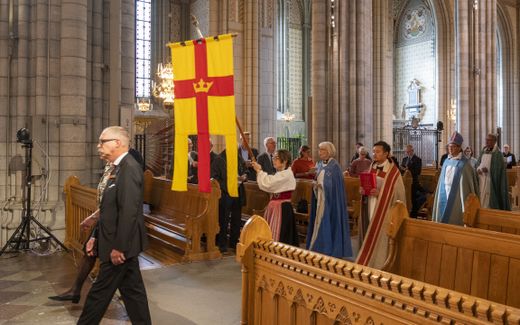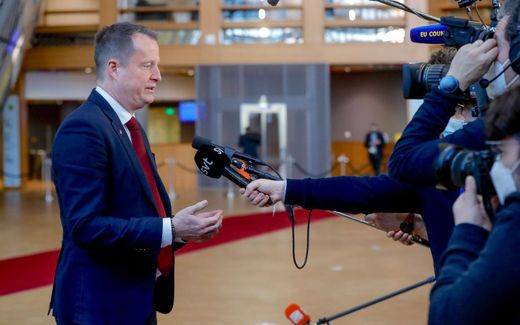Swedish Christians critical of grant plans government

Photo AFP, Ina Fassbender
Northern Europe
The Swedish governments want to tighten grant rules for religious communities. These groups are not happy with the plans and fear, among other things, more government control.
The Swedish government is tightening grant rules to prevent taxpayers' money from going to extremist actors that might form a danger to public safety. If the proposal passes, communities must apply for their grants to ensure that they live up to the conditions of democracy.
Jacob Rudenstrand, a religious expert from the Swedish Evangelical Alliance, sees a few potential problems with these ideas. According to him, it could be possible that an entire community will be punished for something that an individual from that community has done. "But according to the Law Council's referral, it is enough that a parish's youth pastor, cell group leader or alpha course leader has acted reprehensibly to jeopardise an entire community's state contribution", Rudenstrand tells the Christian Swedish daily Dagen. "Everyone who is involved in a congregation knows that there are different people who can express themselves a little sloppily. A person can thus express themselves, and the consequence is that it puts an entire community in turmoil."
In an op-ed in Dagen, Karin Wiborn of the Equmenia Church mentions abuse as a similar example. "Abuse occurs, even if we counteract and work preventively. But if this still happens, this does not automatically mean that we can, for example, exclude a congregation where it has taken place. What should we do then?"
Arbitrary
Rudenstrand also questions who would decide whether an organisation complies with democratic values. That might be an arbitrary assessment, he says. "And if it is an arbitrary assessment of what can be said in the church, the game's rules can be quickly changed if there is another political majority."
The new plans also run the risk of setting a higher standard for religious communities, Rudenstrand thinks. Similar democratic conditions will not apply to everyone who receives state support, which means that there is a risk that religious communities will be measured by double standards compared to other societal actors, such as sports events.
Related Articles






